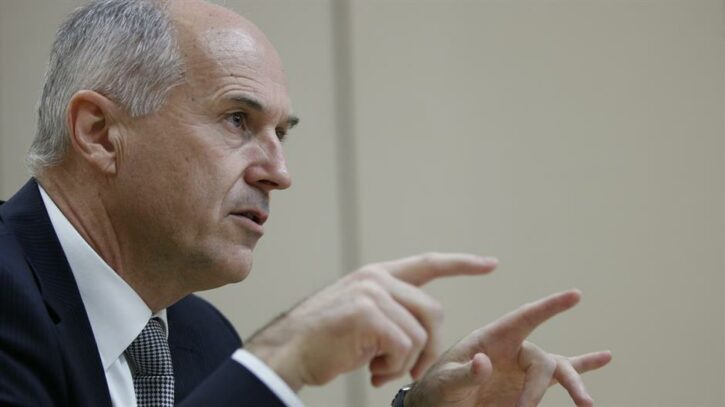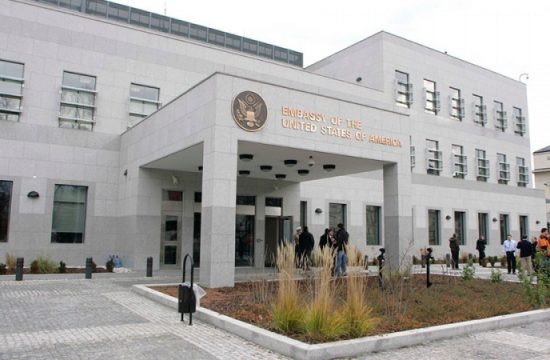
The establishment of the Armed Forces of Bosnia and Herzegovina was a very complex process that required compromise and vision, determination and patience but it proved to be the most successful post-war reform, the international administrator in Bosnia, Valentin Inzko, said on the occasion of the Armed Forces Day that the country marks on December 1.
“Putting those ingredients together led to one of the most successful reforms in post-war BiH (Bosnia and Herzegovina). Those same ingredients are needed now to move the entire country forward,” said the High Representative, who oversees the civilian part of the implementation of the Dayton Peace Agreement (DPA), which ended the 1992-95 Bosnian war.
Officially unified in 2005 under the supervision of the international community, the Armed Forces of today are composed of two founding armies: the Bosniak-Croat Army of the Federation of Bosnia and Herzegovina and the Bosnian Serbs’ Army of Republika Srpska (VRS).
Over the past 14 years, Inzko said, the Armed Forces have grown into a “competent and professional military organisation” capable of assisting citizens in all parts of Bosnia and Herzegovina during natural disasters, and successfully participating in peacekeeping missions around the globe.
“And, while fully respecting the individual identities of every member of the military, they were and are a positive and uniting force in BiH (Bosnia and Herzegovina),” the High Representative said, wishing the Armed Forces to continue “excellent results in their daily endeavours and overall work for the benefit of Bosnia and Herzegovina.”



